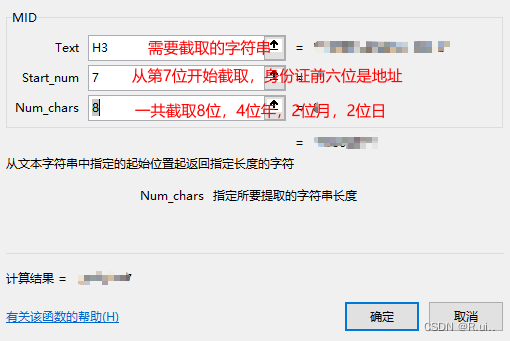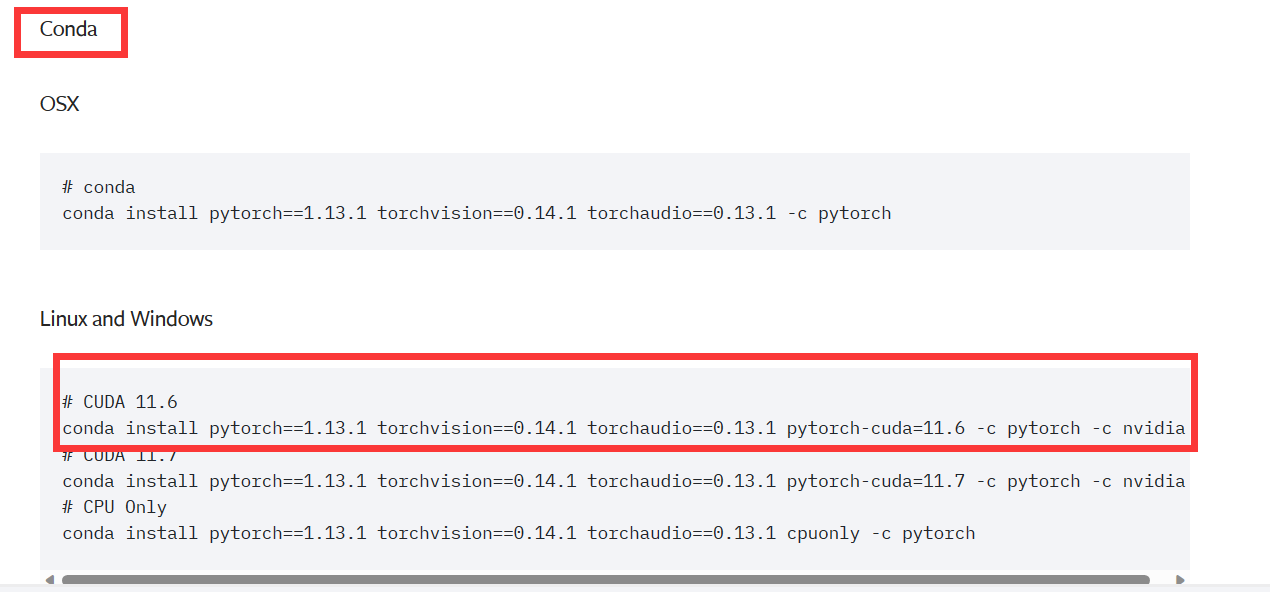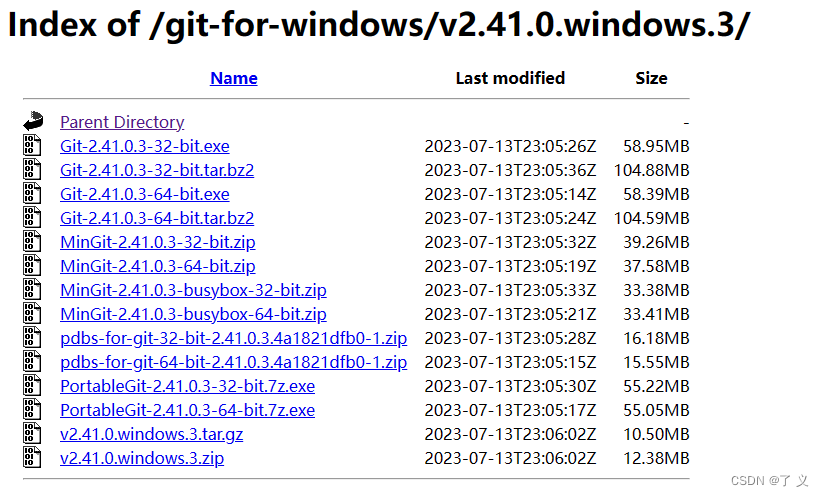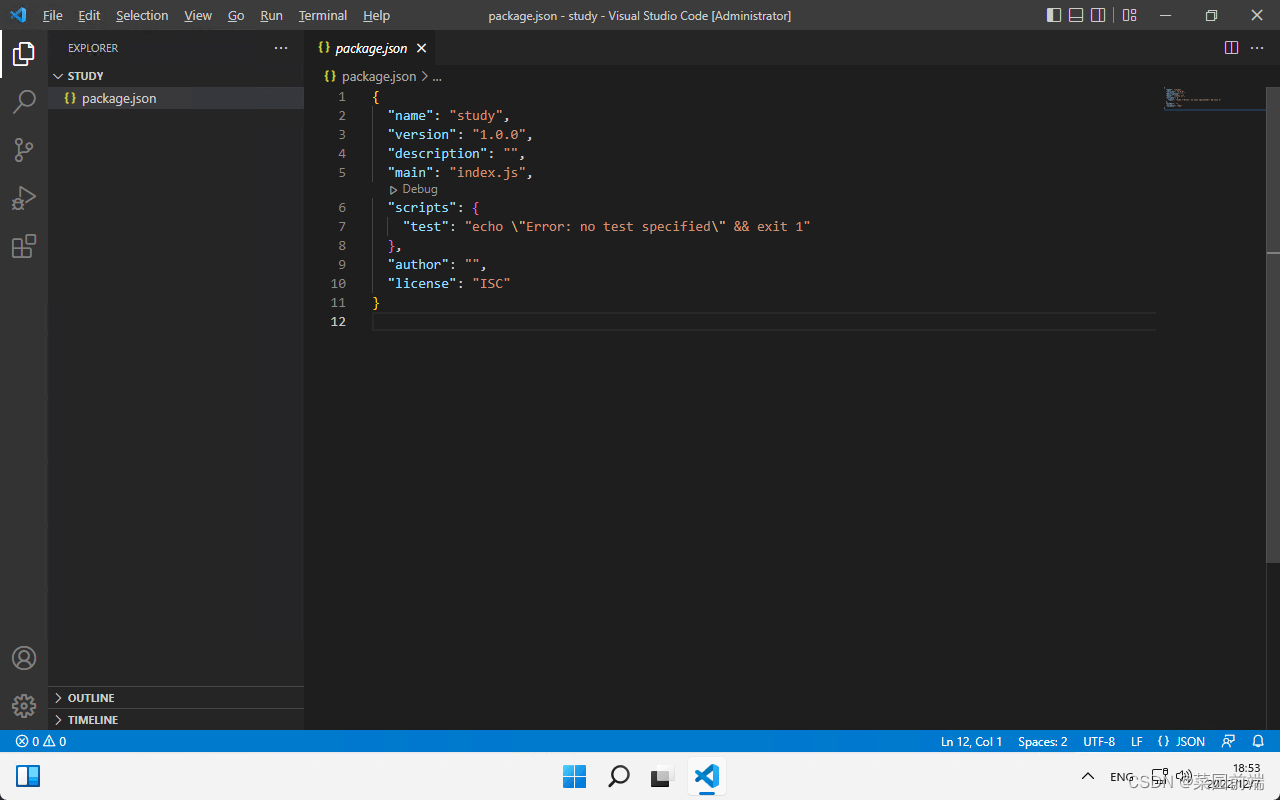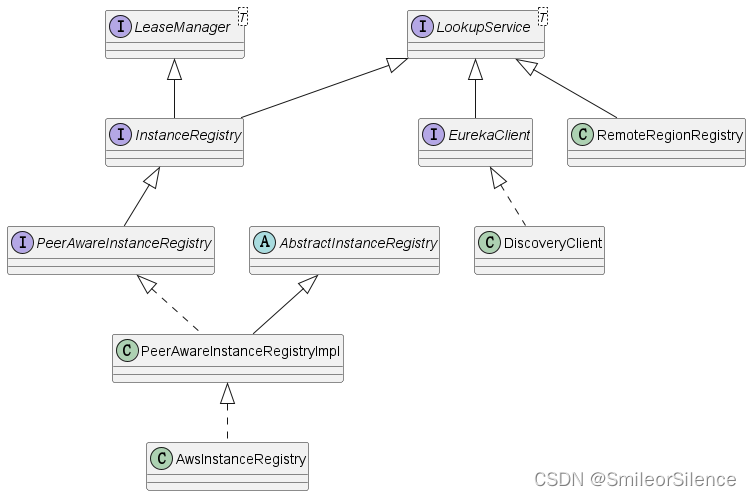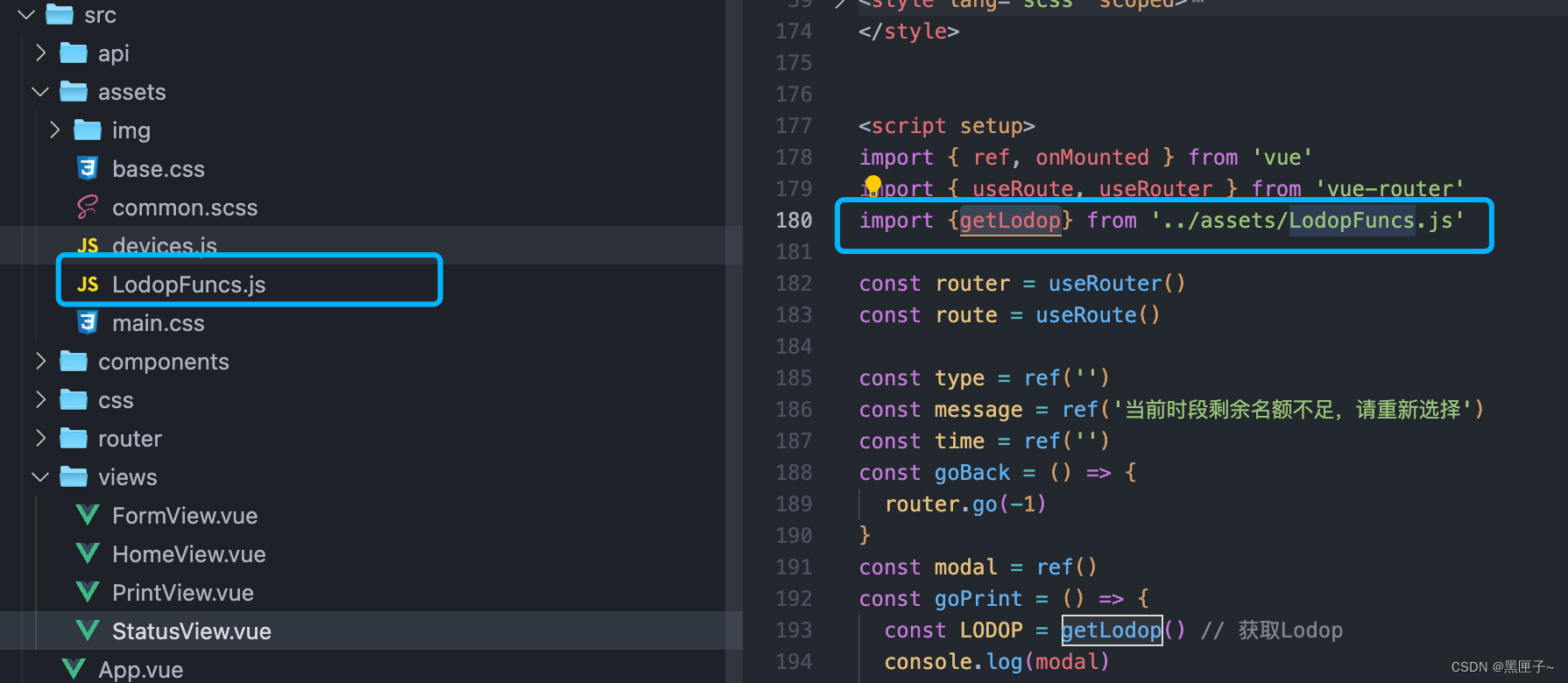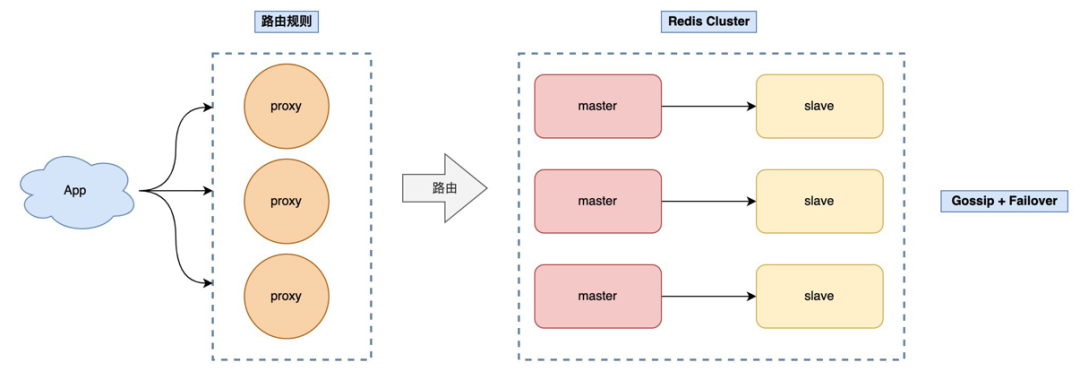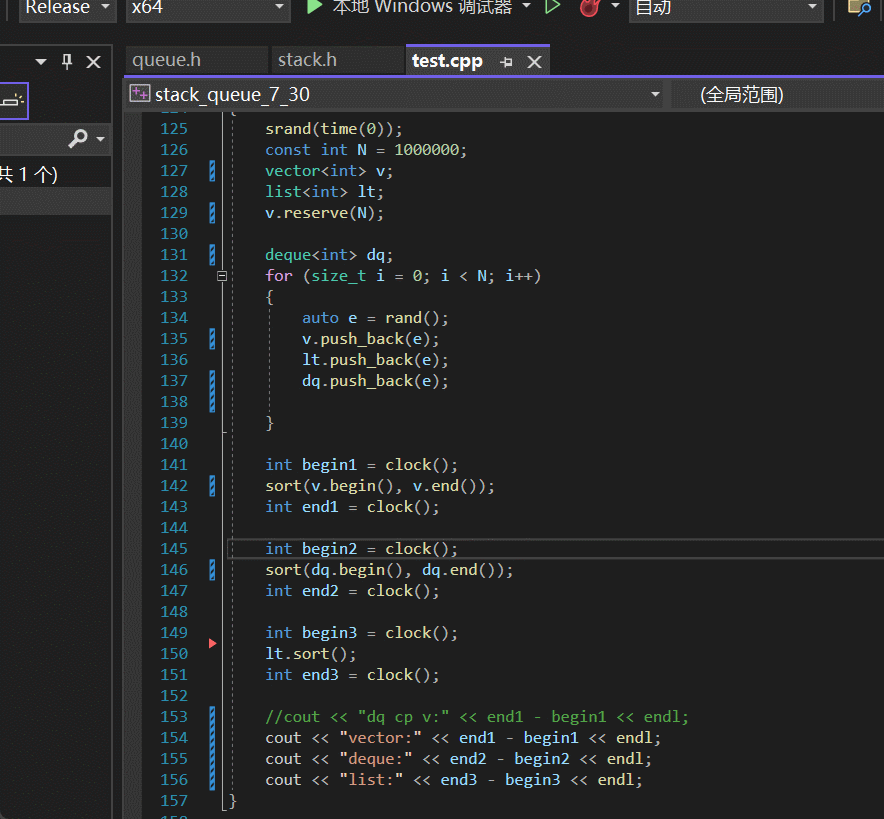一、知识点在代码注释里
index.ets
// 导出方式直接从文件夹
import MyInput from "../common/commons/myInput"
@Entry
@Component
/*
组件可以基于struct实现,组件不能有继承关系,struct可以比class更加快速的创建和销毁。
*/
struct Index {
@State username :string = ""
@State password :string = ""
build() {
Flex({direction:FlexDirection.Column,
justifyContent:FlexAlign.Center,
alignItems:ItemAlign.Center}){
Text("登录")
.fontSize(40)
.fontWeight(700)
Text(this.username)
.fontSize(30)
.fontWeight(700)
.width("80%")
// 组件封装,完成父组件向子组件传参
MyInput({placeHolder:"请输入用户名",inputValue:$username})
/*
placeHolder:"请输入用户名" 实现父组件向子组件传递 :请输入用户名
inputValue:$username 子组件把监听得到的数据传到父组件
下列代码再使用传回来的数据
Text(this.username)
.fontSize(30)
.fontWeight(700)
.width("80%")
该处未对数据进行校验,只是简单展示
*/
MyInput({placeHolder:"请输密码 ",inputValue:$password})
Button("进入app")
}.width("100%")
.height("100%")
.border({width:15,color:"#000"})
}
}
myinput.ets
/*
单独处理输入框的渲染效果
*/
@Component
struct MyInput {
/*
@Prop装饰的变量必须使用其父组件提供的@State变量进行初始化,
允许组件内部修改@Prop变量,但更改不会通知给父组件,
父组件变量的更改会同步到@prop装饰的变量,即
@Prop属于单向数据绑定。
*/
@Prop placeHolder :string
/*
*/
@Link inputValue : string
build(){
TextInput({placeholder:this.placeHolder,text :this.inputValue})
// 此处为监听事件
//https://docs.openharmony.cn/pages/v3.1/zh-cn/application-dev/reference/arkui-ts/ts-basic-components-textinput.md/
.onChange((value:string)=>{
this.inputValue = value
})
.width("80%")
.height(40)
}
}
//先导出
export default MyInput
二、模拟器运行演示
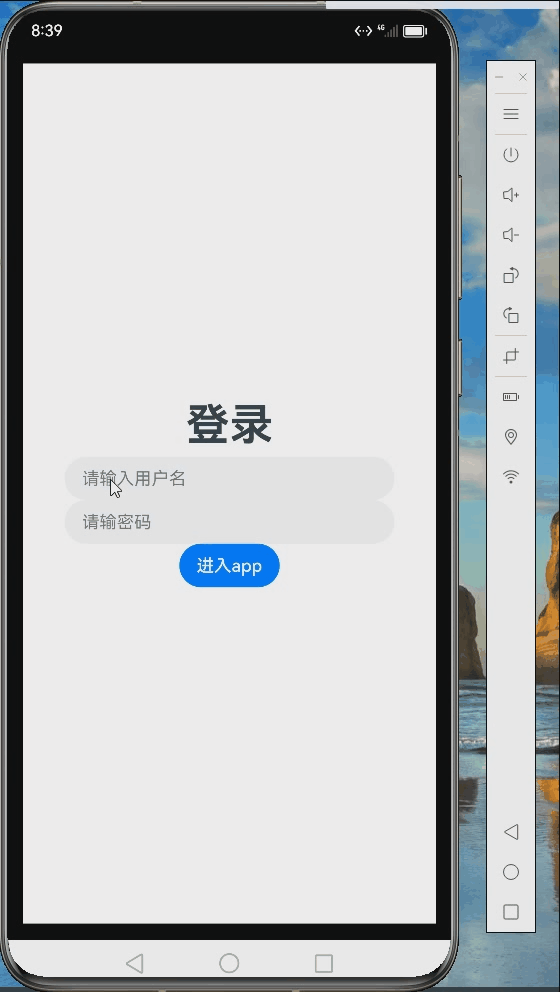


![C++复刻:[滑动侧边栏]](https://img-blog.csdnimg.cn/7da91945df9d488b8f89028e2632e05e.gif)



